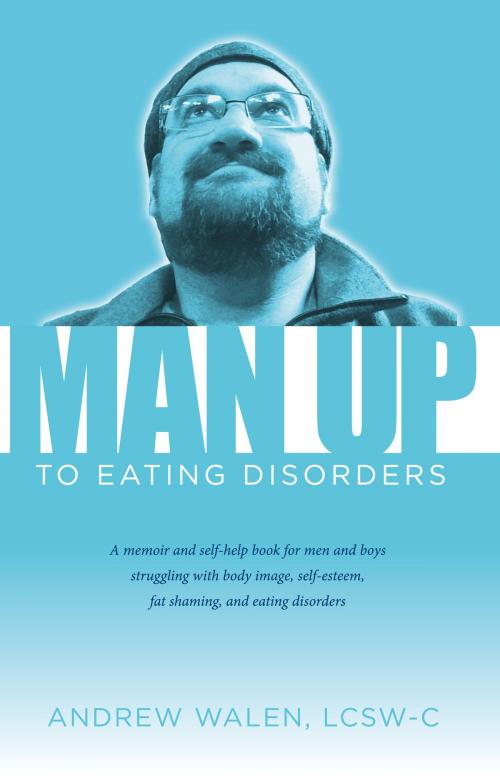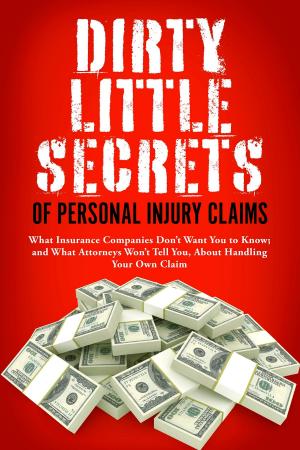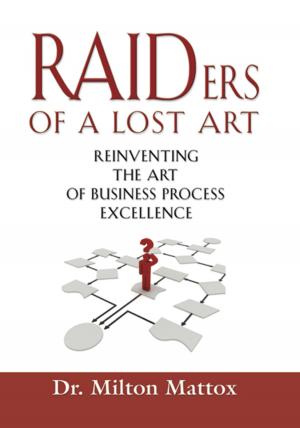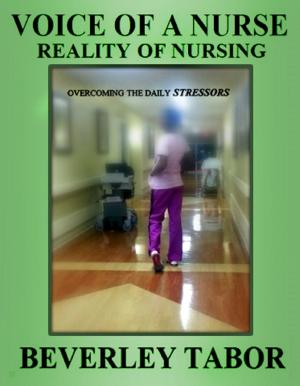Man Up to Eating Disorders
Nonfiction, Health & Well Being, Self Help, Mental Health, Eating Disorders| Author: | Andrew Walen, LCSW-C | ISBN: | 9781631920080 |
| Publisher: | BookBaby | Publication: | May 1, 2014 |
| Imprint: | Language: | English |
| Author: | Andrew Walen, LCSW-C |
| ISBN: | 9781631920080 |
| Publisher: | BookBaby |
| Publication: | May 1, 2014 |
| Imprint: | |
| Language: | English |
There are three sections to Man Up to Eating Disorders, starting with the development of my emotional eating experience, and into my first forays into body loathing and dieting. My period of anorexia in late high school and failure out of college due to depression and grief are covered. This begins the full blossom of the binge eating disorder. My experience of going to music school and on to Nashville as a professional musician and discussed, and how the music industry reinforced the "thin ideal" that stretched my eating disorder into exercise bulimia. My life's journey into love, marriage and fatherhood are covered including the near death of my son and the zenith of my binge eating behavior. Eventually rock bottom hits, and recovery starts. Section two covers my experience in therapy, learning how to manage my binge drives, to accept myself as I am, and learn the roots of my low self-esteem come from my childhood. Working with a dietitian, I gain perspective on enjoying food rather than abusing it. My relationship with myself and my family improves, and a decision to specialize in working with others like myself is made. Section three speaks from my perspective as a therapist treating eating disorders in men, and has many client excerpts about what helped them in their journey into recovery and what sustains them now.
There are three sections to Man Up to Eating Disorders, starting with the development of my emotional eating experience, and into my first forays into body loathing and dieting. My period of anorexia in late high school and failure out of college due to depression and grief are covered. This begins the full blossom of the binge eating disorder. My experience of going to music school and on to Nashville as a professional musician and discussed, and how the music industry reinforced the "thin ideal" that stretched my eating disorder into exercise bulimia. My life's journey into love, marriage and fatherhood are covered including the near death of my son and the zenith of my binge eating behavior. Eventually rock bottom hits, and recovery starts. Section two covers my experience in therapy, learning how to manage my binge drives, to accept myself as I am, and learn the roots of my low self-esteem come from my childhood. Working with a dietitian, I gain perspective on enjoying food rather than abusing it. My relationship with myself and my family improves, and a decision to specialize in working with others like myself is made. Section three speaks from my perspective as a therapist treating eating disorders in men, and has many client excerpts about what helped them in their journey into recovery and what sustains them now.















